Here’s another awesome Cool Stuff Found from Mac Geek Gab 881: Use Document Finder to search for documents!
eBay Adds Support for Apple Pay on its Website
eBay has added support for Apple Pay on its website recently. Previously the payment option was only available in its apps.
iOS 15 Public Beta 4 Released for Apple Users
A few days after seeding public beta 4 for developers running iOS 15 | iPadOS 15, public beta testers can now install the release.
Mozilla VPN Expands to Seven More Countries, Increases Price
Mozilla has added seven additional countries to its VPN service, and raises the price for new users.
Mozilla’s virtual private network (VPN) service has arrived in seven more countries, including Austria, Belgium, France, Germany, Italy, Spain and Switzerland.
It will honor the $4.99 a month price for customers from the US, Canada, UK, Singapore, Malaysia, and New Zealand, who signed up already. But from now on that price will only be available for customers who sign up for a year. Otherwise the fee rises to $7.99 a month for a six month deal or $9.99 for a month of access.
Apple TV+: Season Four of ‘For All Mankind’ in The Works
Season four of ‘For All Mankind’ is set for Apple TV+ In 2022-2023, according to an update to the Writers Guild of America website.
Ted Lasso Scores Biggest Premiere Weekend on Apple TV+
The season two premiere of Ted Lasso scored the biggest opening weekend audience of any show on Apple TV+ since the service launched.
Earnings and Evolution – TMO Daily Observations 2021-07-28
Bryan Chaffin and Charlotte Henry join host Kelly Guimont to talk about Apple’s earnings report and how the landscape has changed.
Ukraine Authorities Seize Unencrypted Windscribe VPN Servers
VPN provider Windscribe said its servers were not encrypted, enabling authorities to create decoy servers and snoop on web traffic.
The Ontario, Canada-based company said earlier this month that two servers hosted in Ukraine were seized as part of an investigation into activity that had occurred a year earlier. The servers, which ran the OpenVPN virtual private network software, were also configured to use a setting that was deprecated in 2018 after security research revealed vulnerabilities that could allow adversaries to decrypt data.
Oh come on, VPN servers that weren’t encrypted?
Totallee Offers Impressive 50% Off Sale for All Smartphone Cases
Starting today and valid until August 8 you can use a special promo code to get 50% off any product with totallee.
Twitter Tests New ‘Shop Module’ Feature for iOS Users
Twitter is piloting a new feature on Wednesday called Shop Module. It will let brands add a shopping section at the top of their profiles. The pilot is currently limited to iOS devices for people who use the service in English.
The Shop Module is a dedicated space at the top of a profile where businesses can showcase their products. When people visit a profile with the Shop Module enabled, they can scroll through the carousel of products and tap through on a single product to learn more and purchase — seamlessly in an in-app browser, without having to leave Twitter.
Apple Threatens iPhone Prototype Seller With Police Involvement
Apple has sent a cease-and-desist letter to a Chinese citizen who advertised stolen iPhone prototypes on social media.
Use Back Tap To Activate Flashlight
Did you know you can turn your flashlight on without unlocking your iPhone? Use Back Tap to turn on your flashlight, check it out in this segment from Mac Geek Gab 879.
Apple to Limit Siri Interactions With Third-Party Apps in iOS 15
According to a support article for developers, Apple is deprecating some SiriKit intents and commands for third-party apps.
Former eBay Security Chief Sentenced to 18 Months in Prison Over Cyber-Stalking
Philip Cooke is the last of seven former eBay employees to be charged for involvement in a harassment campaign against two bloggers.
1Password Reveals US$100M Funding Round
Password management platform 1Password has revealed it has raised funding worth US$100m. Business is booming thanks to new at-home and hybrid working arrangements, VentureBeat reported.
According to 1Password CEO Jeff Shiner, while multiple factors have aligned to drive demand for password management tools, the single biggest change since its last fundraise has been society’s rapid transition from offices to remote or hybrid working. “Businesses — both large and small — were forced overnight to adopt a remote way of working,” Shiner told VentureBeat. “That switch meant that companies, most of whom were used to a centralized office, suddenly needed to support employees using their own devices, at home on their own potentially insecure networks. With the remote-hybrid shift came a proliferation of SaaS tools to help keep people and teams productive. Many of these tools are brought in to help specific teams solve specific problems, which means that across an organization, there can be hundreds of different software products — all requiring unique logins and access.” Helping workers stay on top of all their login credentials is where 1Password comes into play.
Hackers Increasingly Using Discord to Spread Malware
Researchers found that hackers are turning to Discord to spread malware, such as password-hijacking and Discord chat bot APIs.
But the greatest percentage of the malware we found have a focus on credential and personal information theft, a wide variety of stealer malware as well as more versatile RATs. The threat actors behind these operations employed social engineering to spread credential-stealing malware, then use the victims’ harvested Discord credentials to target additional Discord users.
Apple Wallet Supports Australian Health Insurance Cards Via HICAPS App
Australians are now able to add digital health insurance cards to their Apple Wallet via the Health Industry Claims and Payments Service (HICAPS) app. 9to5Mac has a good explainer of how it all works.
In Australia, when you pay a visit to an Extras provider, the receptionist provides you with a bill and asks if you have health coverage. At that point, you can hand them your HIF membership card and they’ll swipe it through an electronic claiming terminal known as a HICAPS machine. Now, with the Apple Wallet integration, users can just double click the side button on their iPhone with Face ID or double click the Touch ID button to view the health insurance card on the Wallet. Then, they just have to select their health fund membership card from Apple Wallet and hold the iPhone or Apple Watch near the terminal reader.
Apple TV+: Singalong With 'Enjoy The Ride' From 'Schmigadoon!'
A new singalong video from Apple TV+ musical Schmigadoon! has been released. It is for the track ‘Enjoy The Ride’, a play on the classic duet and a highlight from episode two. It is performed by Cecily Strong and Aaron Tveit who play Melissa and Danny. Episode three is out now.
watchOS 8 Developer Beta 4 is Out
Apple seeded the fourth developer beta of watchOS 8 alongside new dev versions of iOS and iPadOS 15, and macOS Monterey.
iOS 15 and iPadOS 15 Dev Beta 4 Out Now
Apple seeded the fourth developer beta of iOS 15 and iPadOS 15 which introduces a new Safari tab interface for iPad.
Mark Ronson Discusses 'Tech-y And Geeky' New Apple TV+ Show
Mark Ronson has given some insight into how his forthcoming “tech-y and geeky” Apple TV+ show ‘Watch the Sound’ came about.
Apple Posts Record June Quarterly Revenues, Blowing Past Wall Street Expectations [Update]
Apple reported record June quarter revenues of US$81.4 billion on Tuesday, a 35% gain year-over-year and blowing past Wall Street consensus estimates of $73.3 billion. Apple also reported earnings per share (EPS) of $1.30, which was also well above Wall Street’s consensus of $1.01 EPS. [Updated with additional details.]
Apple and Cars and New Shows – TMO Daily Observations 2021-07-27
Bryan Chaffin joins host Kelly Guimont to discuss a new interview with Phil Schiller, and some TV+ shows (one new, one returning).
Oil Producer ‘Wesco’ Uses Excess Natural Gas to Mine Bitcoin
Utah-based oil company Wesco Operating Co. is using excess gas (natural, not Ethereum) to power a Bitcoin mining operation.
Rather than being “flared,” or burned, to eliminate it, the natural gas is burned to run electrical generators, which in turn power two mobile data centers that process Bitcoin transactions, Wesco representative Steve Degenfelder explained.
The company has connected with a Chicago-based firm, EZ Blockchain, to acquire the two Bitcoin “miners,” portable data processors tied to the Internet.
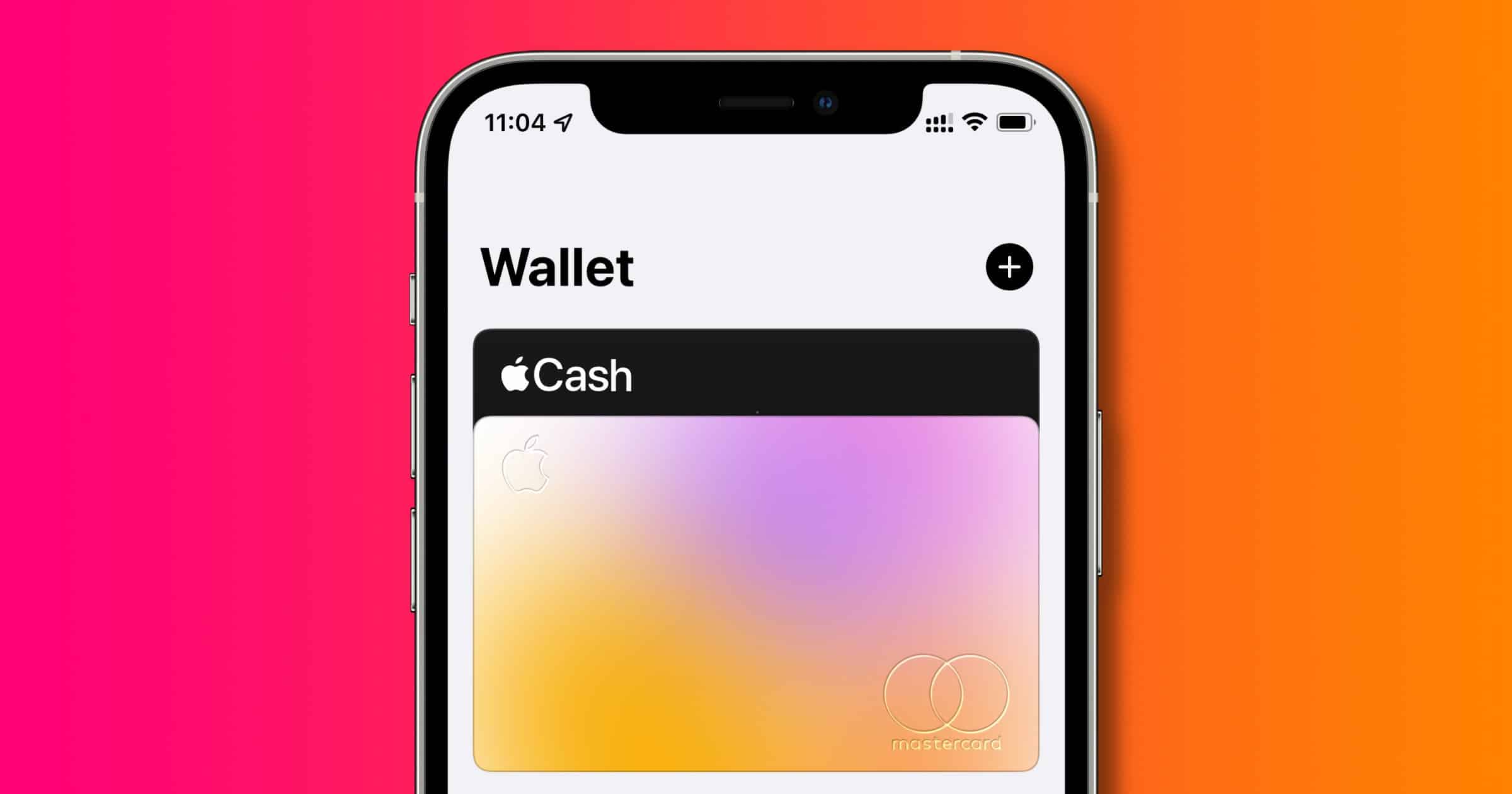
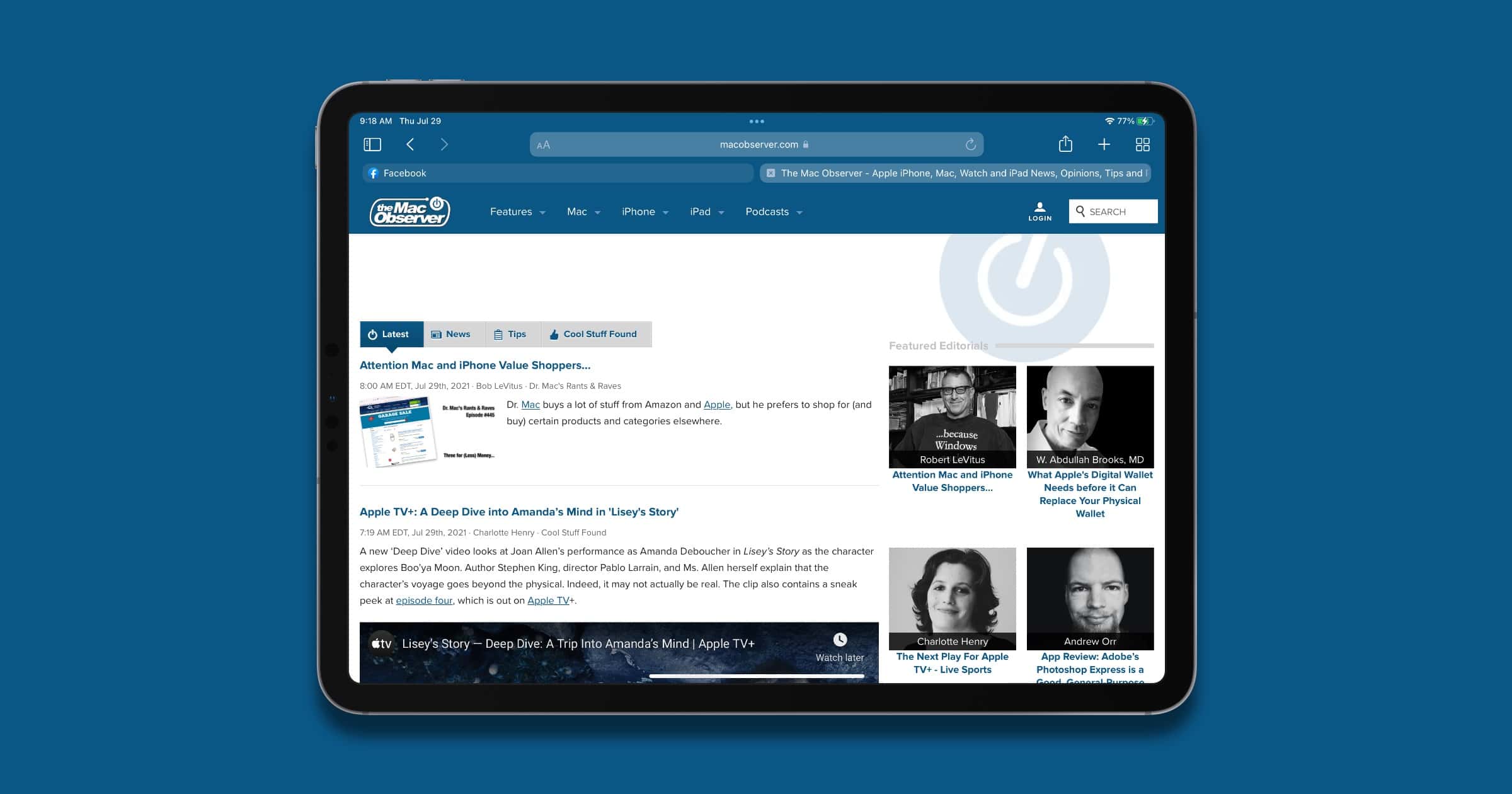




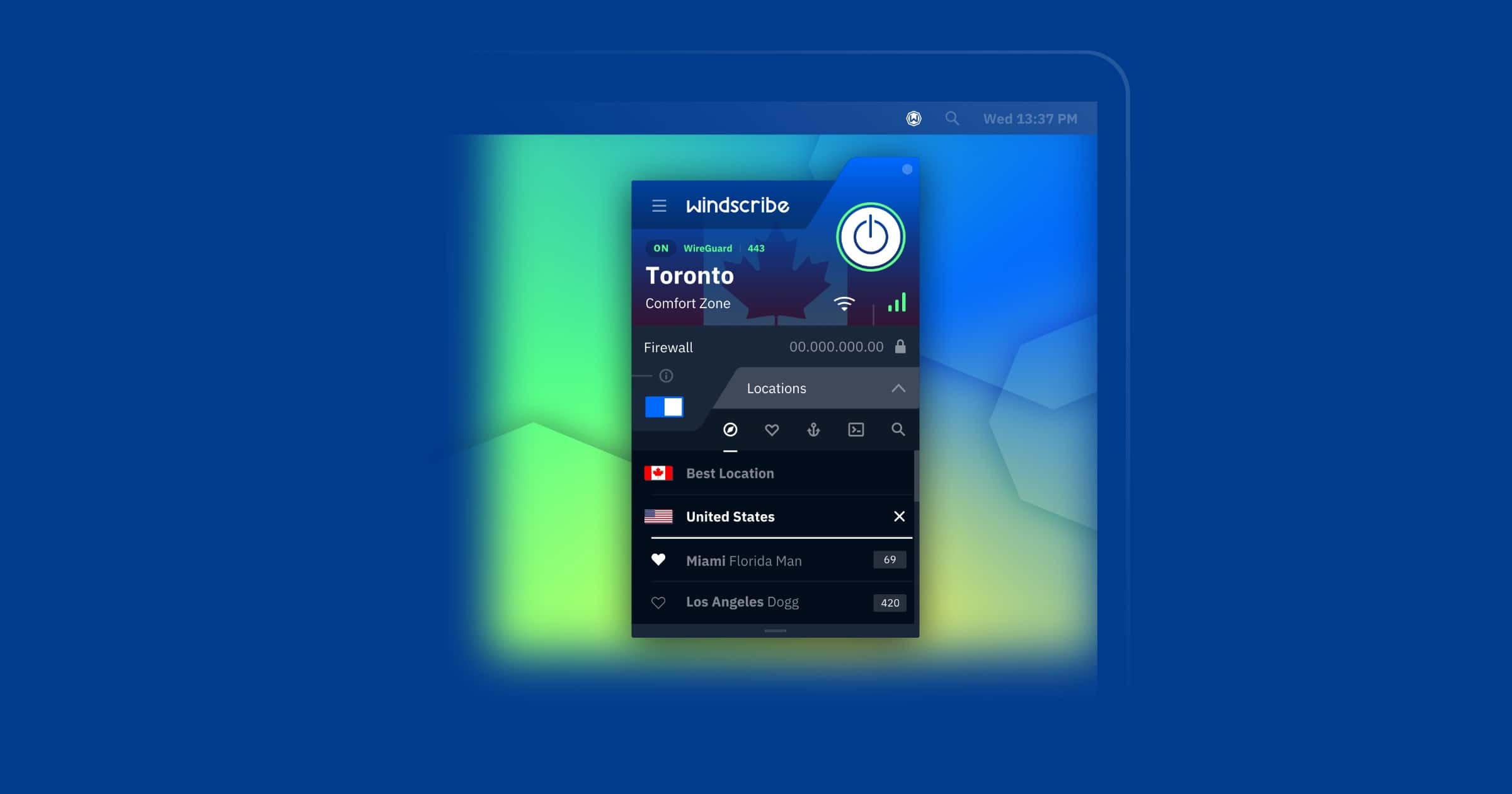

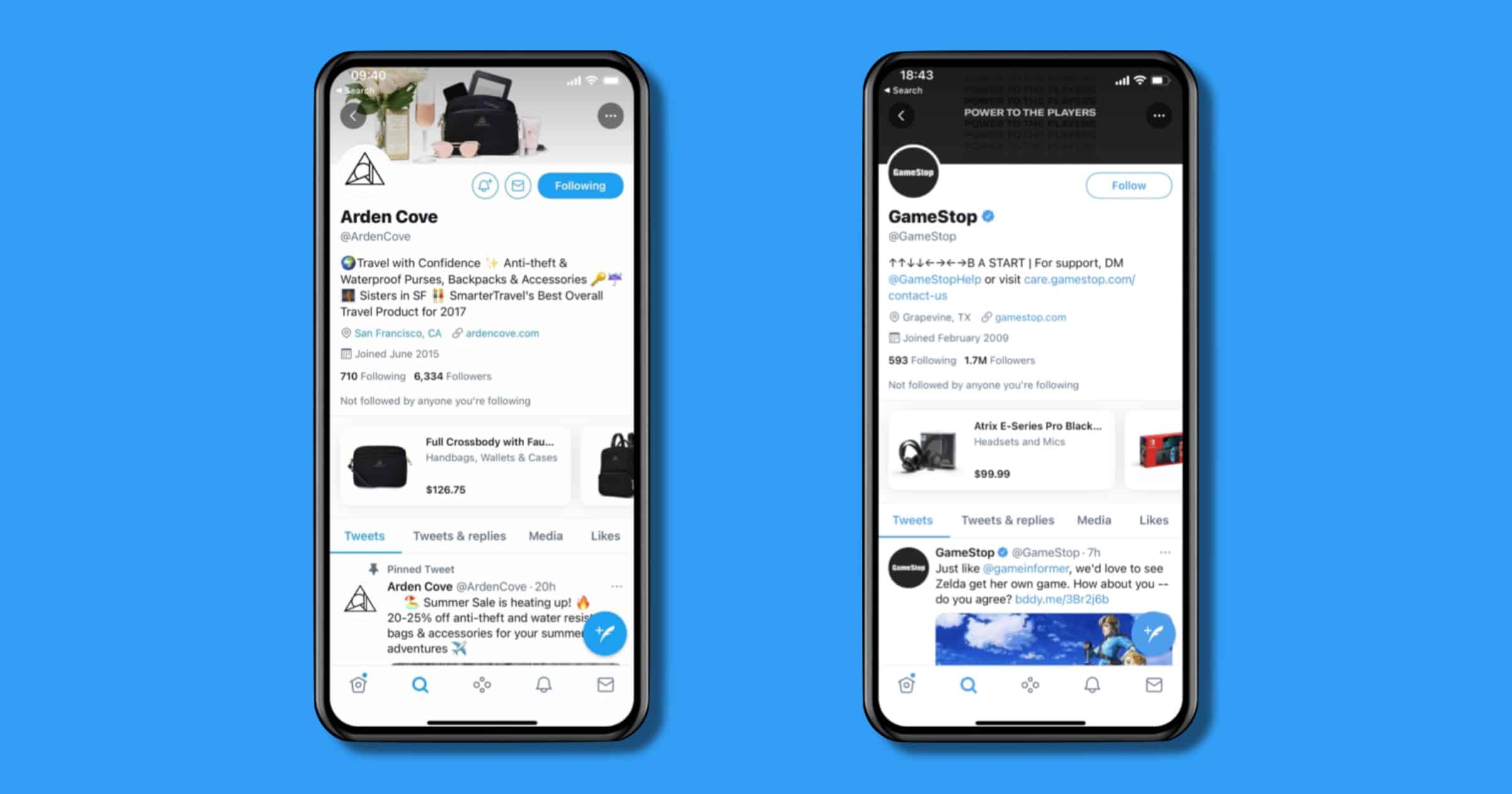



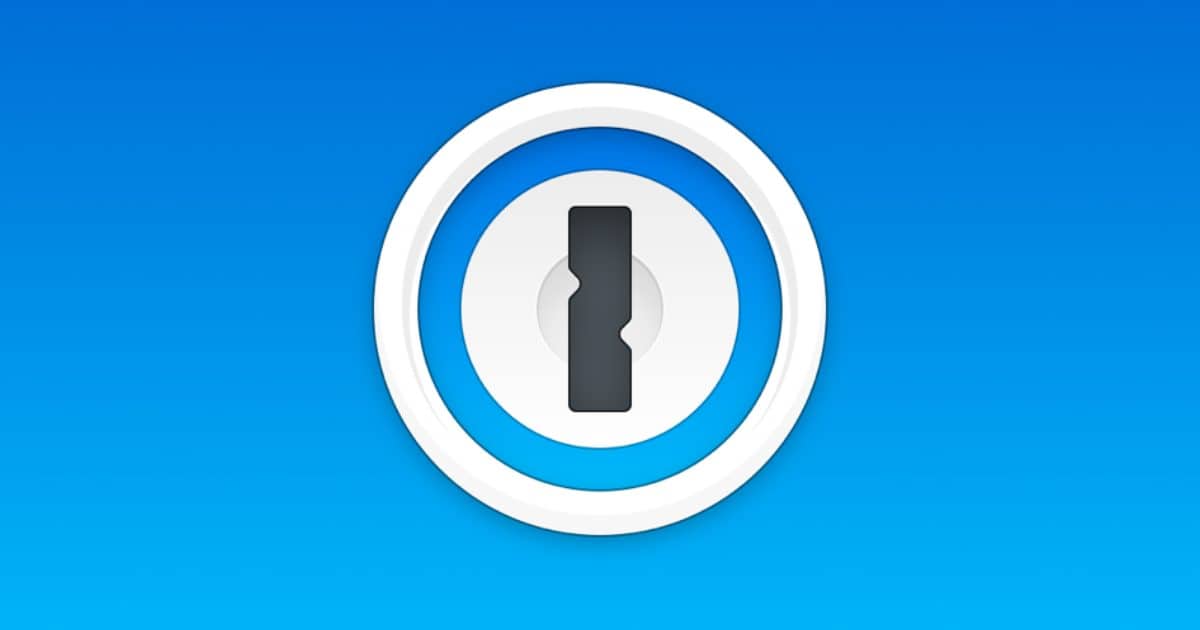

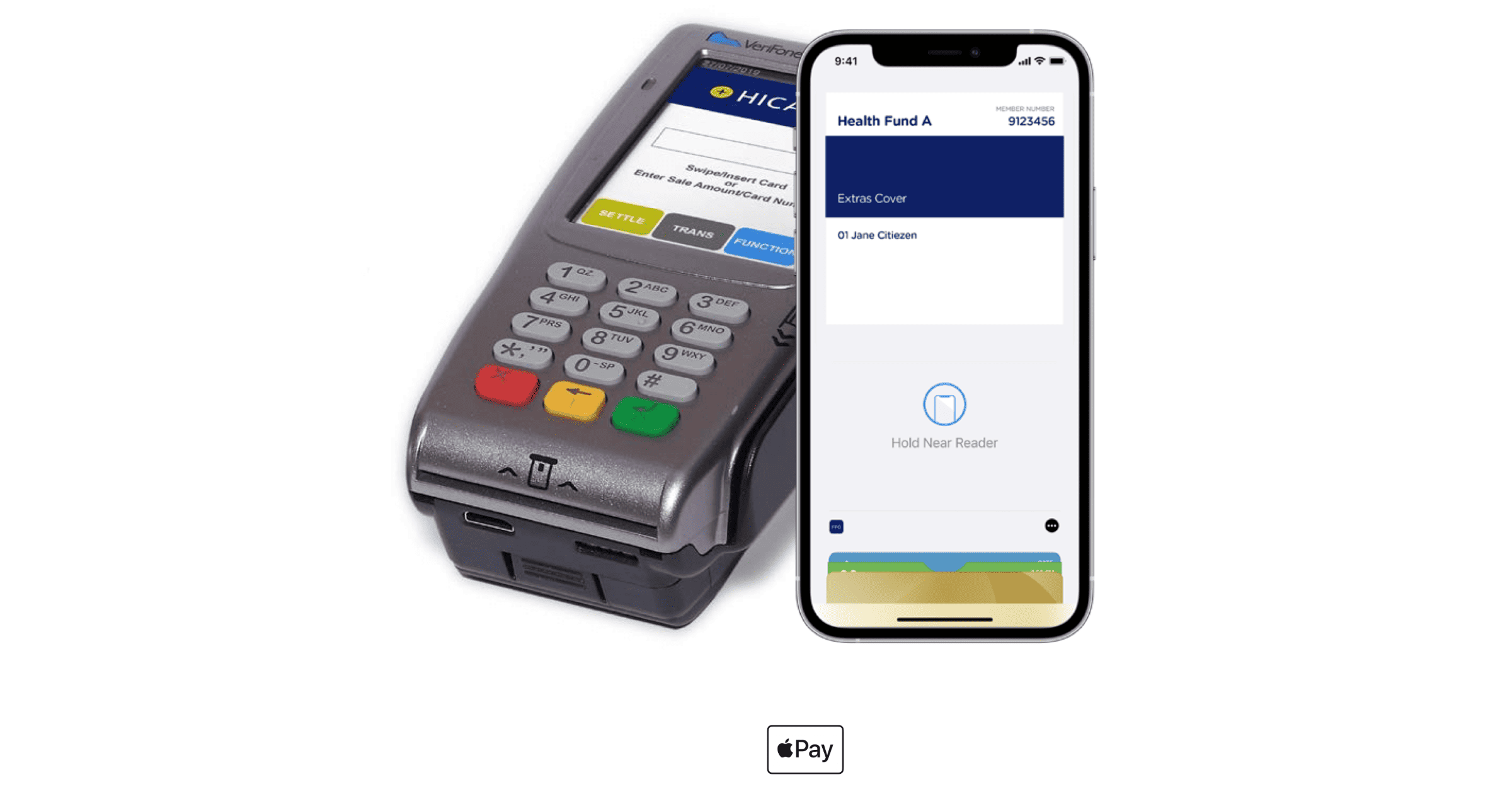

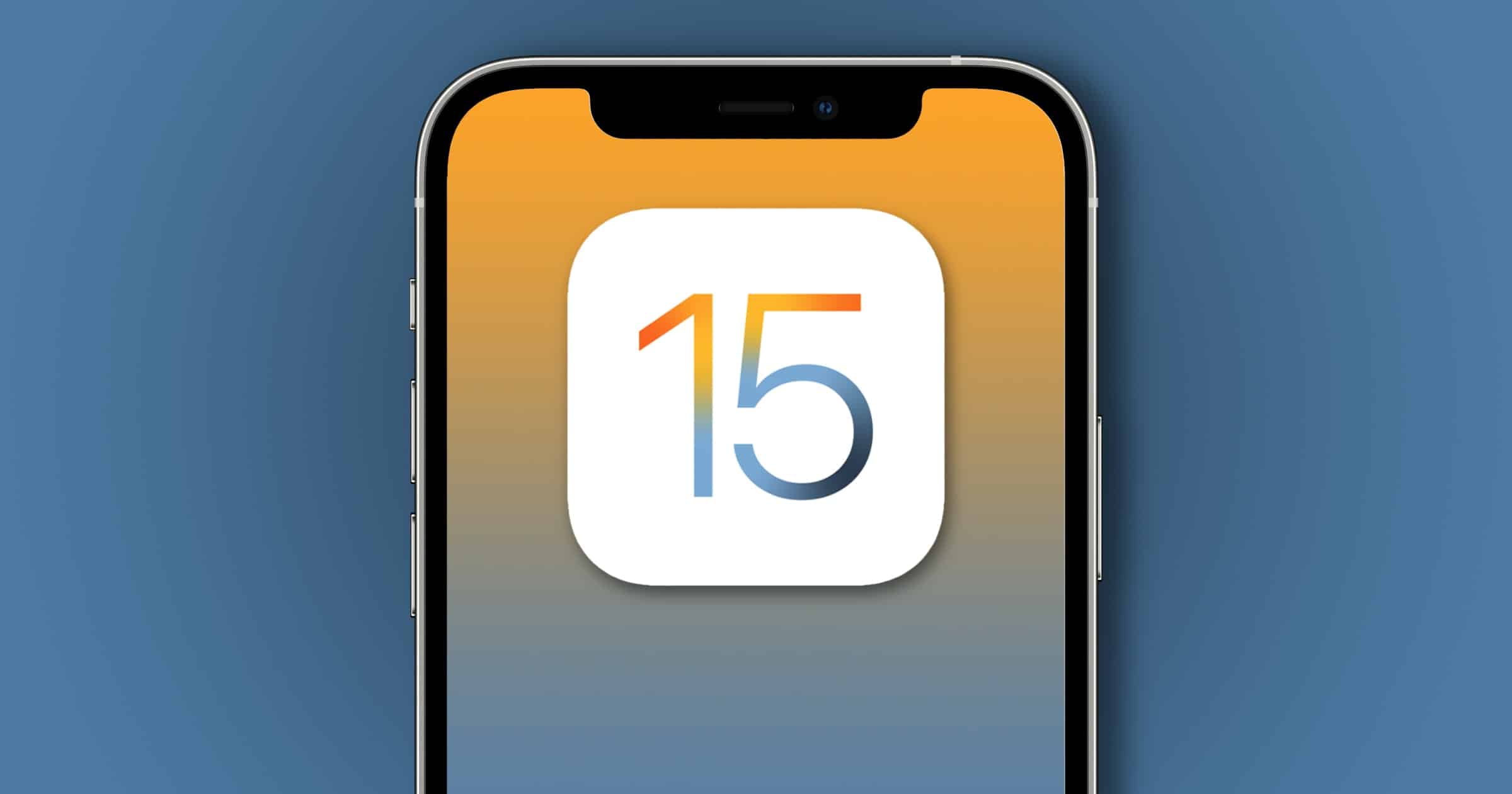

![Apple Posts Record June Quarterly Revenues, Blowing Past Wall Street Expectations [Update]](https://www.macobserver.com/wp-content/uploads/2018/12/aapl-stock.jpg)
